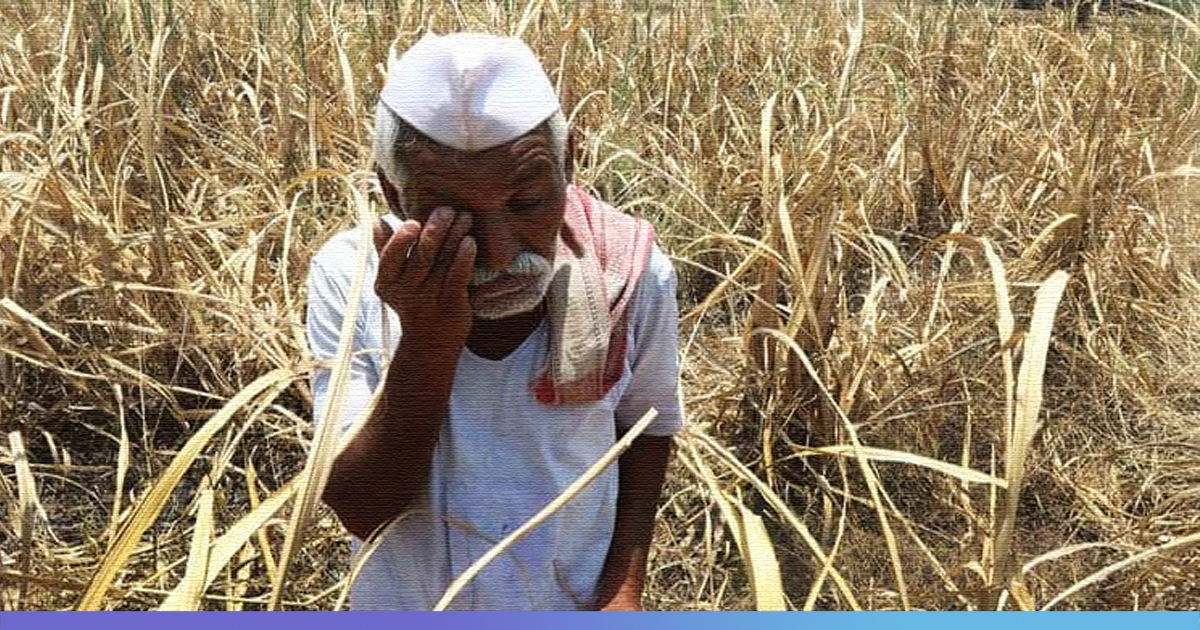India is a country with a population of 1.3 billion, and the figure is anticipated to touch 1.5 Bn+ by 2050. To feed a country with such an enormous population, the agricultural sector has to expand.
However, in the recent past, growing agrarian distress has become a major issue for the government. Meagre income, inability to pay off loans, irregular rainfall, drought among reasons have led to a spike in farmer suicides. Every year over 15,000 farmers in India commit suicide after failing to provide day’s need.
Due to uncertainty, several farmers have given up farming and have opted for a reliable source of income, thus lowering the total output rate. A survey conducted by The Center for Study of Developing Societies (CSDS) noted that 76% of the 5000 farm households across 18 states preferred to do some other work than farming. Of these, 60% farmers want to be employed in cities for better education, health and employment avenues there.
The upcoming government needs to renew its focus on ‘Kisans’.
Rising temperature across the world due to global warming is only adding to the government’s plight. Recently, the ministry of agriculture warned the government about drop in production of wheat. The centre informed that the wheat production will drop somewhere between 6-23% by 2050, if effective steps are not taken timely.
Other important staple crops such as paddy and maze will be hindered with climate change.
The government has slowly and scrupulously nodded the import of wheat along with other cereals, in order to compensate for the failure in production.
For the year 2014-15 import value for cereals were Rs 134 cr, however, the value stoked up to Rs 9009 cr for the year 2016-17, a humongous 6623% rise.
Apart from, cereals, the country also imported fruits worth Rs 5,414 cr during 2014-15. The agrarian crisis also impacted on its exports. In 2014-15, while the agrarian exports were at the tune of Rs 1.31 lakh crore, but dropped to Rs 1.08 lakh crore in the very next year.
What Government Can Do?
Farm loan waivers, a favourable Minimum Support Price (MSP), improvement in irrigation facility are some immediate steps that the government is expected to take. These steps will help restore the farmer’s trust in the government.
The government must look to implement the suggestions of the Swaminathan Commission report. The commission headed by agricultural scientists, MS Swaminathan found – quantity and quality of water, technological challenges, unfinished agenda of land reforms, no access, adequacy and timelines institutional credit, lack of opportunities for assured and remunerative marketing, and factor-related weather pattern were the major reasons for country’s agrarian crisis.
The commission recommended the government provide an MSP at 50% profit above the cost of production.
Also Read: Farmer Suicides In Maharashtra Almost Doubled In 4 Yrs: RTI












